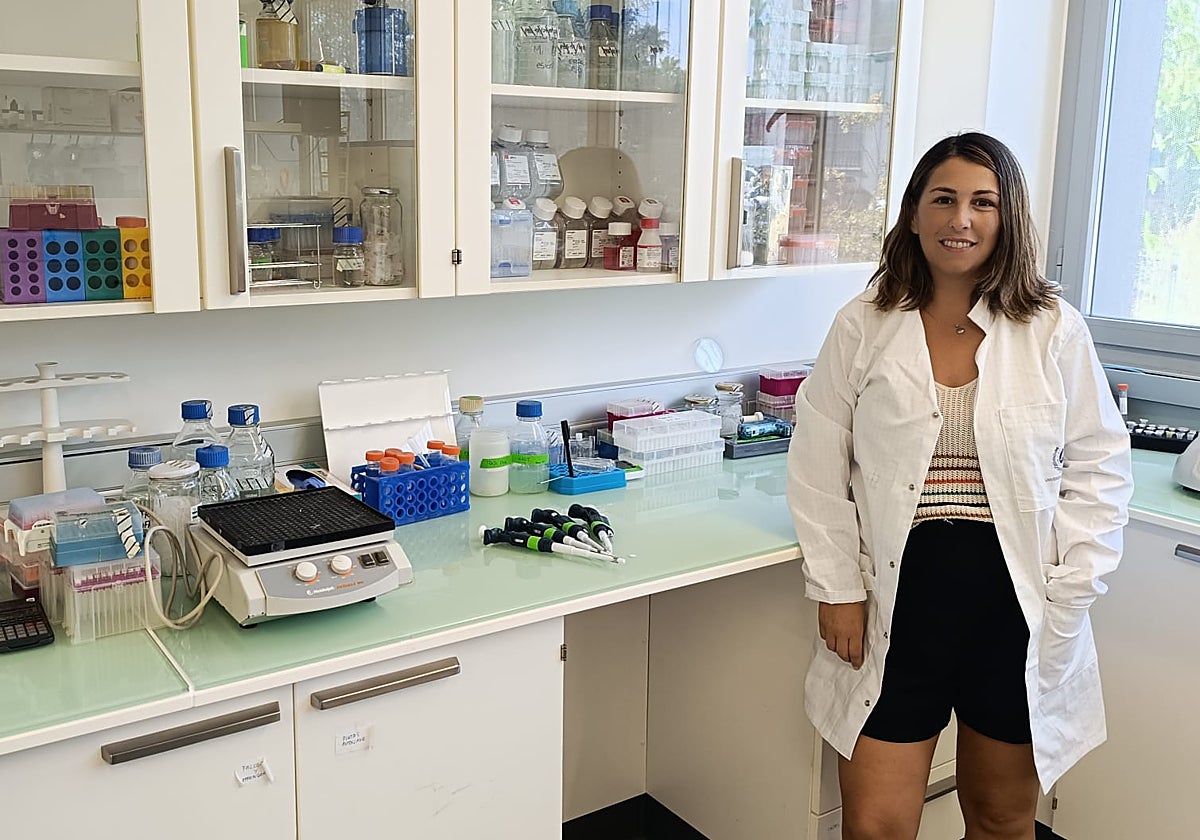Malaga researchers discover mechanism that regenerates coronary arteries after heart attack
This breakthrough could lead to the development of preventive and curative treatments for one of the leading causes of death
A team of professionals from the biomedical research institute of Malaga and nanomedicine platform (Ibima Plataforma BIONAND) and the University of Malaga (UMA) have recently presented a new scientific study on the mechanisms of coronary artery formation, with potential therapeutic implications for heart diseases such as myocardial infarction (heart attack).
The research, led by senior researcher in the institute's and UMA's development and cardiovascular disease' group, Dr Elena Cano, focuses on understanding how endothelial cells in the heart organise and specialise to form a functional vascular network. "Using advanced single-cell transcriptomics and lineage tracing techniques, the team has identified a population of specialised cells, known as 'pre-arterial cells', that play a crucial role in the formation of coronary arteries from embryonic development to adulthood," they explained in a statement on Tuesday.
Specifically, pre-arterial cells are "highly migratory" cells with a very active metabolism that, during the remodelling process of the heart's vascular network, give rise to coronary arteries. With this in mind, this new study reveals that the specification of pre-arterial cells occurs during the so-called angiogenesis process, very early in the embryo. "The angiogenesis process, which is the formation of new blood vessels from pre-existing ones, involves cells that are located at the front of the new vessel, known as tip cells, which guide the direction of vascular growth," the experts said. The work of Dr Cano and her team has discovered that the cells that form the coronary arteries were previously tip cells. "Thus, it shows that the position of the endothelial cell at the front of a vessel's growth determines its subsequent fate."
Cardiac injuries
The team's work has revealed that pre-arterial cells not only contribute to the formation of arteries during development, but are also reactivated in response to cardiac injury, which could open up new avenues for regenerative treatments in patients with heart disease.
On the genesis of the coronary arteries and the fundamental role they play after a patient suffers a myocardial infarction, Dr Cano explains it this way: "Understanding how coronary arteries are formed and organised is fundamental to developing new therapeutic strategies that can restore blood flow in hearts damaged by infarction." She also pointed out that the results of this study suggest that pre-arterial cells have a conserved role throughout life and that their activation may be key in the heart's response to ischaemic injury.
On the other hand, she explained that the combination of skills in cell biology and genetics, together with the collaboration of different centres with which they have worked, allows them to "advance" in the understanding of cardiovascular diseases "and in the development of more effective therapies". The Institute's research group is coordinated by Professor Holger Gerhardt, leader of the integrative vascular biology group at the Max-Delbrück-Centre for molecular medicine in Berlin.
Finally, the group of scientists who have led this study have pointed out that these mechanisms not only have implications for the treatment of heart disease, but also provide a solid basis for future research in this line of integrated research in regenerative therapy and angiogenesis.

